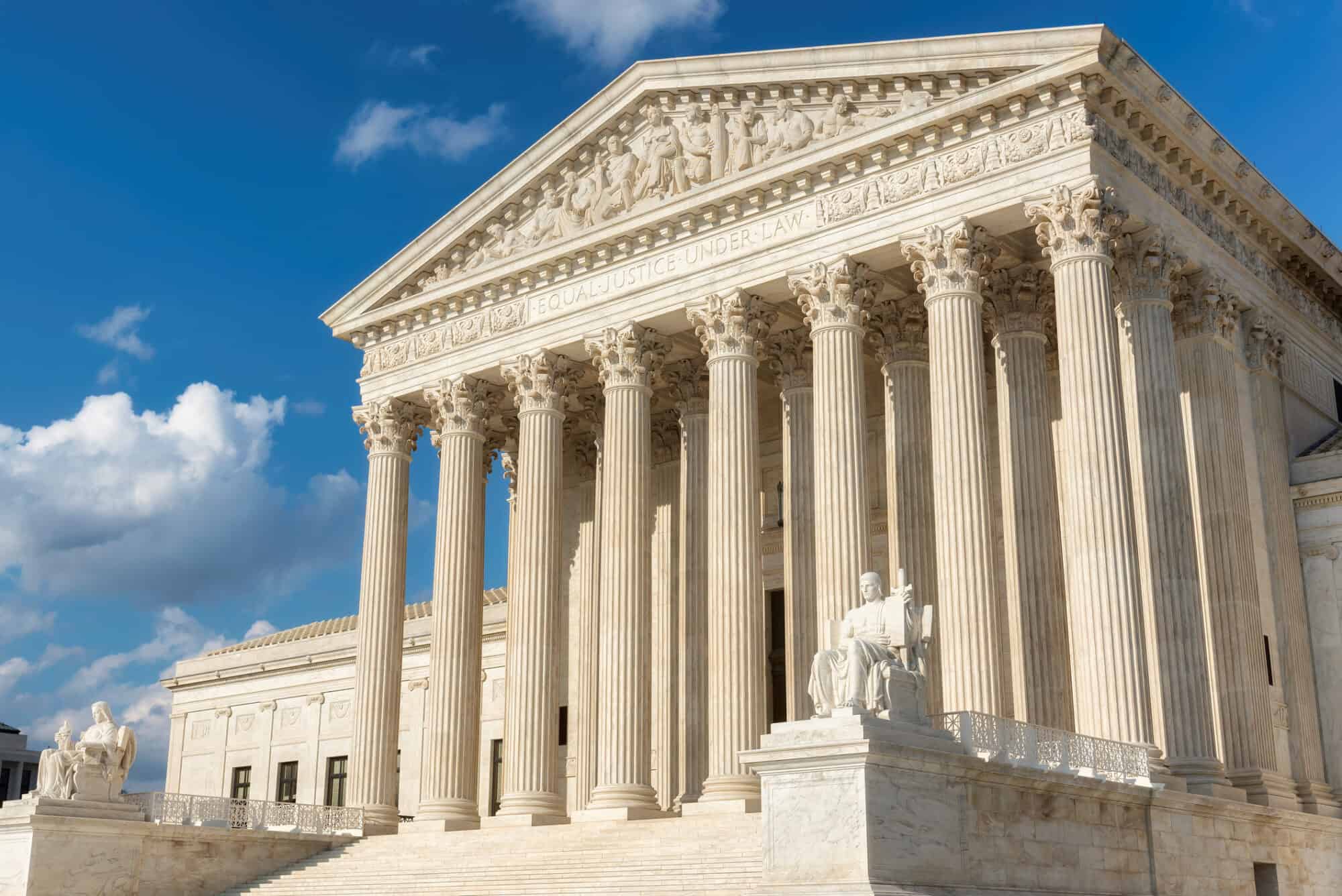Business Operations
SCOTUS Protects LGBT Workers’ Rights

The Supreme Court ruled today that civil rights law protects employees from discrimination on the basis of their sexual orientation and gender identity, reports the Wall Street Journal (subscription).
The ruling: “The high court, in a 6-3 decision, said the broad language of the Civil Rights Act of 1964, which outlaws workplace discrimination on the basis of sex, should be read to cover sexual orientation as well.”
- “Conservative Justice Neil Gorsuch wrote the opinion, which was joined by Chief Justice John Roberts in addition to the four more liberal members of the court.”
Here’s the legal reasoning behind it:
- “[The] case was simple, Justice Gorsuch found. He focused on the text of the statute Congress passed in 1964, forbidding workplace discrimination against an individual ‘because of…sex.’”
- “There was no getting around it, he said: ‘An employer who fires an individual for being homosexual or transgender fires that person for traits or actions it wouldn’t have questioned in members of a different sex. Sex plays a necessary and undisguisable role in the decision, exactly what Title VII forbids.’”
NAM President and CEO Jay Timmons welcomed the news and said in a statement:
- “This ruling, one of the most consequential since Obergefell, not only sends a powerful message of inclusion and equality to millions of Americans but also affirms that LGBT Americans cannot be fired just for being their authentic selves as work.
- “Too many LGBT Americans go to work every day hiding who they are or whom they love because they believe that simply living authentically would mean losing their jobs and livelihoods. The Supreme Court has begun to lift that heavy emotional burden and made history by affirming that LGBT workers are entitled to federal protections too.
- “For our part, manufacturers are committed to building diverse and inclusive workplaces, a mission that has taken on renewed importance in recent weeks. We will continue to be advocates for equal opportunity and champions for justice—because ultimately we know that diversity and inclusion makes our workplaces stronger, just as it makes our country stronger.”
